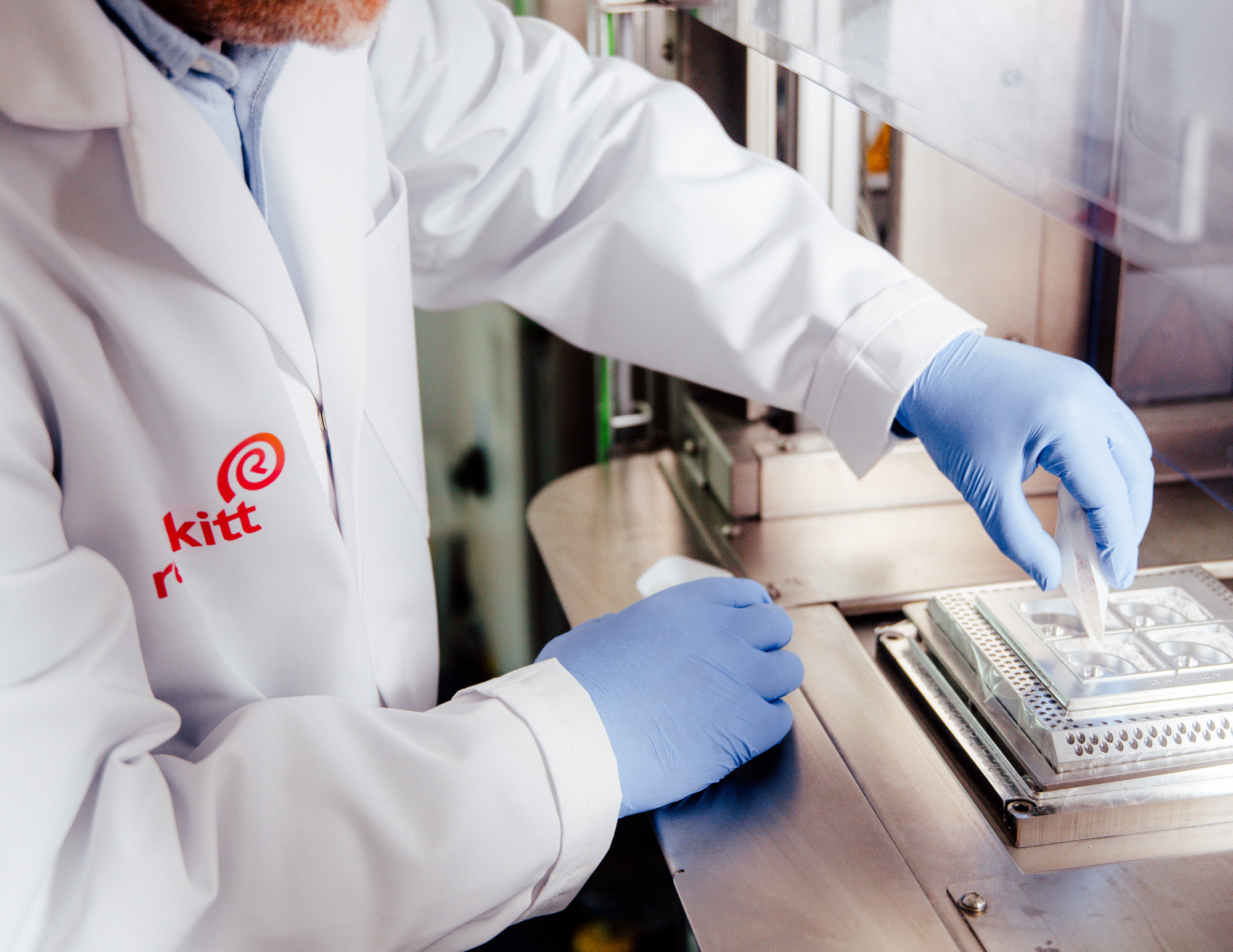Antibiotics are the foundation of health, and global health systems rely on them. Considered to be the greatest medical breakthrough of the 20th century1, antibiotics are used to treat infections caused by bacteria and have saved countless lives. However, they are under threat of becoming ineffective in fighting infections.
Antibiotic resistance (ABR) occurs when bacteria adapt and no longer respond to antibiotics, and it’s now a stark global health reality. ABR is linked to the deaths of around five million people annually, making it the 3rd leading cause of death globally2. Beyond the huge loss of life, 28 million people are predicted to fall into poverty by 2050 due to ABR and a global increase of up to $1 trillion in healthcare costs is anticipated3.
How misuse is fuelling the problem
One of the primary causes of ABR is the overuse and misuse of antibiotics in humans and animals. “Antibiotics are often used for upper respiratory tract infections (URTIs), such as sore throats, coughs and the common cold, despite the fact that they are ineffective against viral infections,” says Serra Bicak, Reckitt’s Senior Vice President Self-Care.
This is evidenced in the 2024 STAR (Sore Throat & Antibiotic Resistance) study, conducted by Reckitt and the Global Respiratory Infection Partnership (GRIP) across 16 countries and 16,000 people. It highlighted that 57% of respondents reported using antibiotics for respiratory tract infections at least once in the previous six months (This also showed striking global variation – from 34% in the Netherlands to 82% in Thailand.) Not only is the use of antibiotics inappropriate for the majority of respiratory tract infections (only one in 9 sore throats is caused by bacteria4 and as many as 79% of antibiotics used for acute respiratory tract infections are unnecessary5), they also do not provide the fast pain relief that patients seek.
The importance of self-care education
The impact of ABR is most often seen in hospitals with untreatable infections leading to deaths but it frequently starts in the community with inappropriate antibiotic use for preventable infections. This is where education and action in the home, in the pharmacy and in the doctor’s office can make a real difference. By empowering people to manage mild symptoms at home with self-care and, in some instances, stop infections happening in the first place, inappropriate antibiotic use can be reduced, thereby also reducing opportunities for resistance.
How our brands are making a difference
At Reckitt, we believe the frontline of good health starts at home. That’s why we support and enable responsible self-care by offering a variety of products that effectively tackle patients’ bothersome respiratory symptoms, and therefore reduce the inappropriate treatment of common conditions like sore throat, cough and cold with largely ineffective antibiotics. Using over-the counter (OTC) solutions, such as Nurofen, Mucinex and Strepsils, with advice from a pharmacist, can reduce inappropriate antibiotic consumption and help prevent unnecessary medical visits and hospitalisations.
“By choosing appropriate and evidence-based symptomatic treatments, such as Strepsils for sore throats, and helping dispel misunderstanding through education and support for the public and healthcare professionals, we can all play a part in protecting antibiotics for future generations,” explains Serra.
How we’re helping combat ABR
With experts and partners, Reckitt and its brands are playing their part in the global fight against ABR with a focus on patient and consumer education, healthcare professional support as educators and global tracking of public attitudes. Here’s how:
- Global Respiratory Infection Partnership (GRIP)’s educational materials and research emphasise rational antibiotic use and demonstrate that many respiratory infections can be prevented or managed with effective symptomatic relief without the need for antibiotics, reinforcing prevention together.
- Reckitt’s STAR (Sore Throat and Antibiotic Resistance) surveys conducted in 2022 and 2024, held across 16 countries, highlighted widespread misuse of antibiotics for self-limiting respiratory infections, such as sore throat and colds.
- Educational campaigns such as Mucinex ‘Flip the Script’, built on evidence generated by Reckitt and partners, is an initiative that successfully reduced inappropriate antibiotic prescriptions by educating consumers and clinicians about infection prevention and correct self-care.
Mucinex worked with clinics in key US states to provide the tools they needed to combat the problem – deploying at 3,250 doctors’ offices, reaching 29,000 healthcare providers and millions of patients in person and on social media.
Advancing research on ABR
Reckitt remains committed to advancing scientific research in the fight against ABR, partnering with governments, NGOS, healthcare professionals and academia to develop high quality global solutions and behaviour changing education.
ABR is a complex challenge but self-care can be a simple, powerful starting point. When we champion self-care, we protect health. When we protect health, we protect antibiotics. And when we protect antibiotics, we protect lives now and the generations to come.

1. INEOS Oxford Institute, 2024
https://www.ineosoxford.ox.ac.uk/what-amr
2. WHO. The top 10 causes of death. [Online] 7 August 2024. [Cited: 6 September 2024.] https://www.who.int/news-room/fact-sheets/detail/the-top-10-causes-of-death.
3. World Bank. Drug-Resistant Infections. [Online] March 2017. [Cited: 20 October 2017.] http://documents.worldbank.org/curated/en/323311493396993758/pdf/114679-REVISED-v2-Drug-Resistant-Infections-Final-Report.pdf.
4. GJ., Worrall. Acute sore throat. Can Fam Physician. . 2007, Vols. 53:1961—1962.
5. Scott JG, Cohen D, DiCicco-Bloom B, et al. Antibiotic use in acute respiratory infections and the ways patients pressure physicians for a prescription. J Fam Pract. 2001, Vols. 50:853—858.